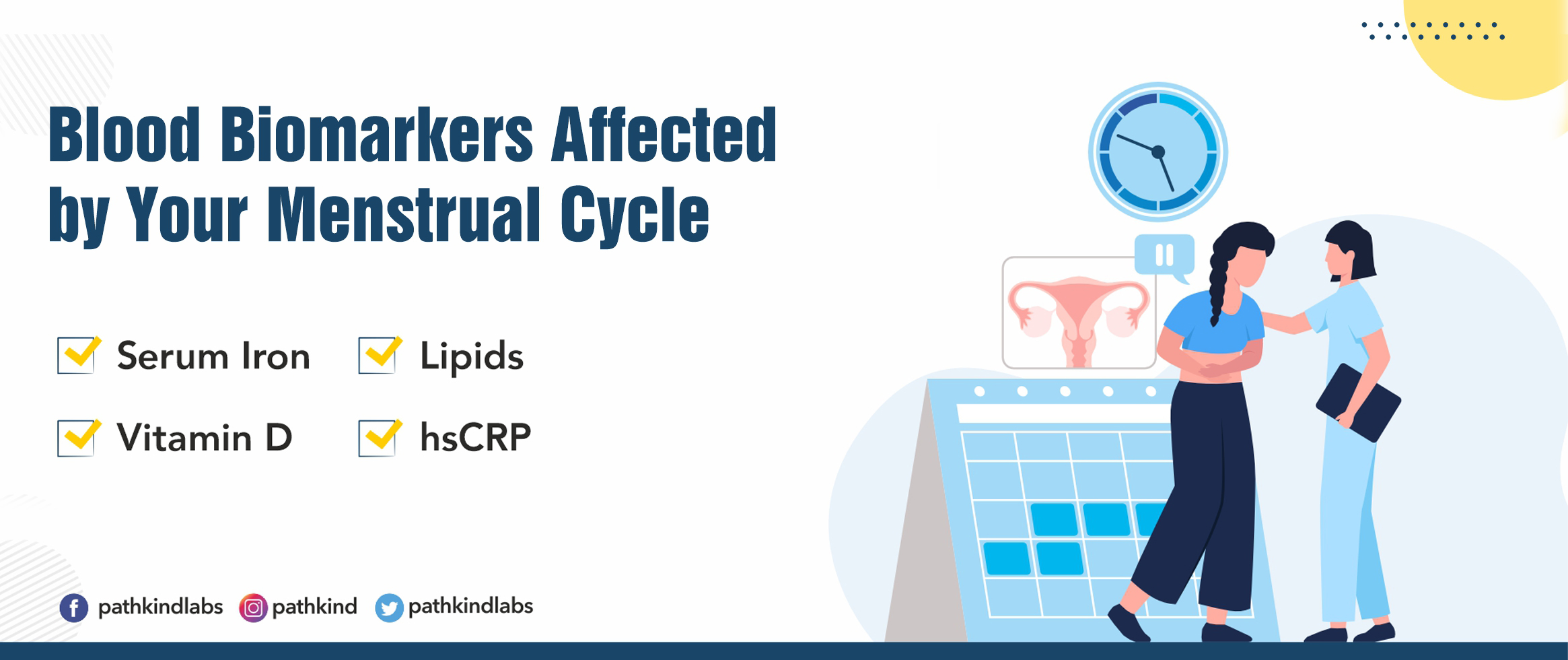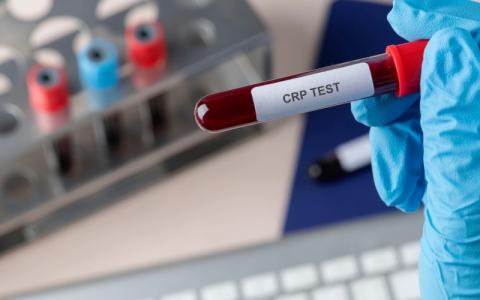High-Sensitivity C-Reactive Protein(hs-CRP)

Gender for
Male, Female
No special preparation required

Sample Type
Serum
Test Overview
The hs-CRP test measures low levels of C-reactive protein in your blood. It is a crucial marker for detecting inflammation and assessing the risk of cardiovascular diseases.

 NABL approved
NABL approved Labs
 Most Trusted by
Most Trusted by Doctors
 Accuracy &
Accuracy & timely reporting
 Widest Range
Widest Range of Tests
Test Details
Frequently asked questions
Elevated hs-CRP levels may indicate inflammation or a higher risk of cardiovascular disease.
The hs crp normal range is below 3 mg/L for healthy individuals.
In some cases, fasting might be required. Check with your doctor for instructions.
Lifestyle changes like a healthy diet, exercise, and managing stress can help lower CRP levels.
The hs-CRP test is more sensitive and detects lower levels of inflammation compared to a standard CRP test.
Infections, chronic inflammation, and conditions like rheumatoid arthritis or cardiovascular diseases can increase CRP levels.


















.png)

